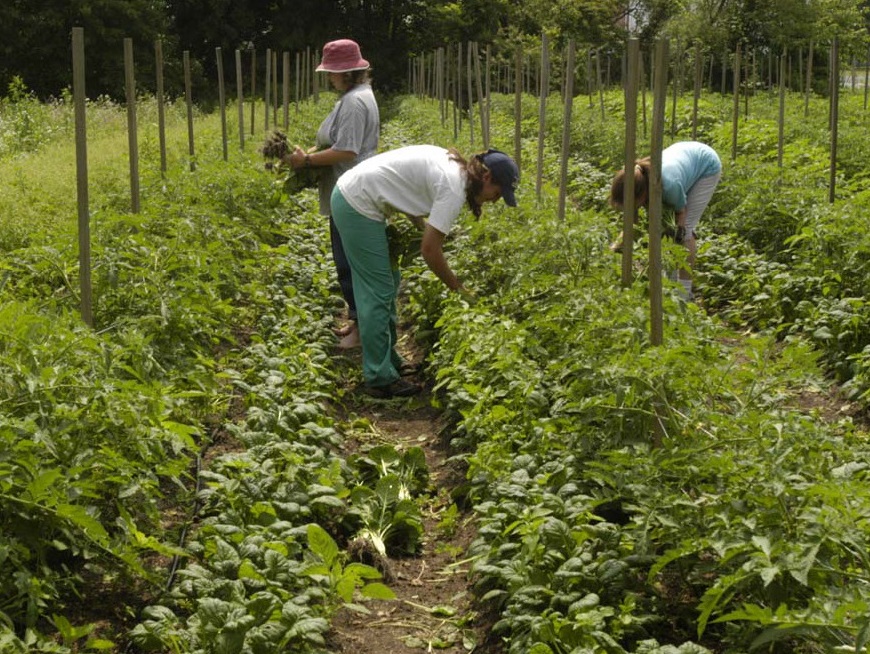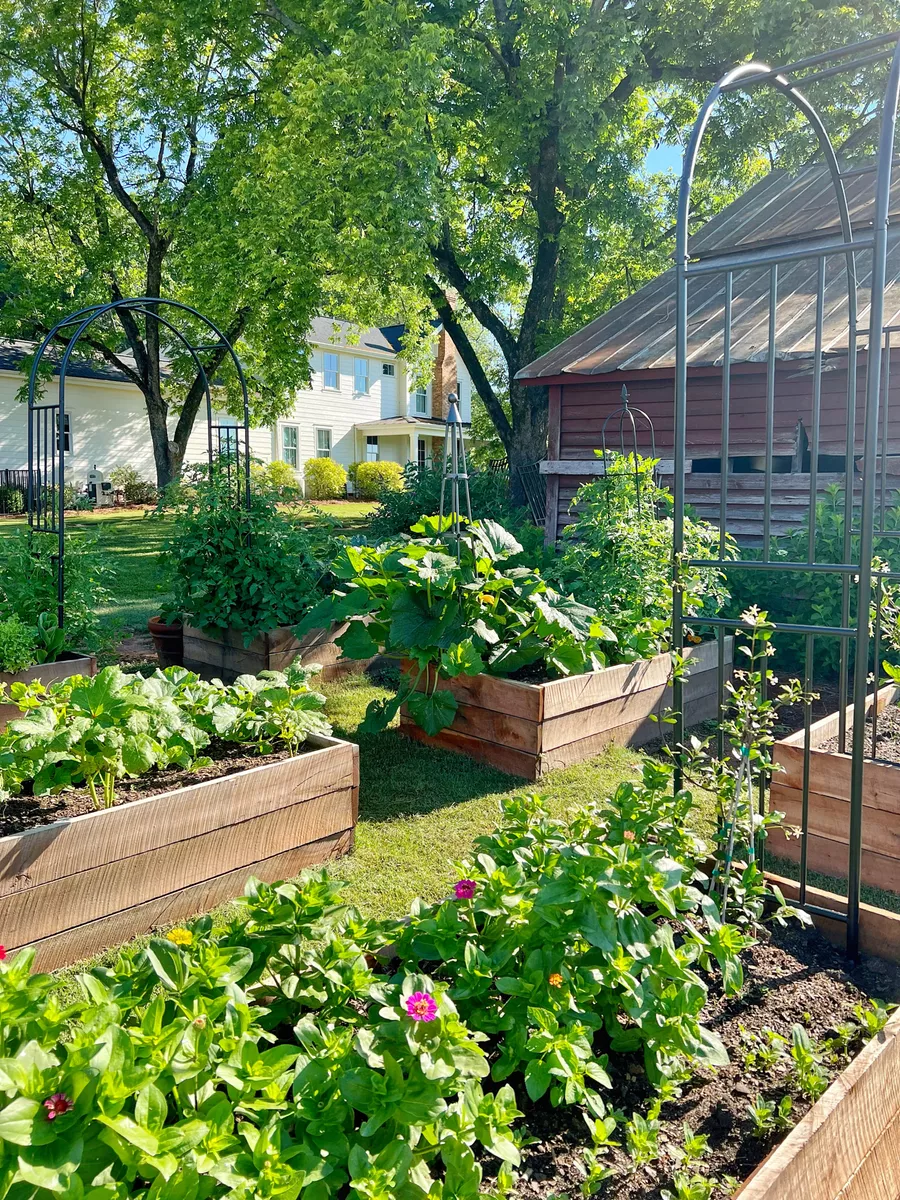Opening the Perks of Gardening: A Thorough Take A Look At the Various Types and Their Influence On Health
Exploring the complex benefits of horticulture exposes a spectrum of techniques that dramatically boost specific health. As we check out these varied gardening techniques, it comes to be evident that their influence can resonate on individual, social, and ecological levels, motivating a better look at just how these links form a natural narrative of holistic health.
Sorts Of Horticulture

Blossom gardening, another preferred category, emphasizes the aesthetic appeal of grown blooms. This type can improve landscapes and promote biodiversity by attracting valuable pollinators. Similarly, natural herb horticulture includes growing aromatic and cooking plants, adding both to food preparation and all-natural remedies.
Container gardening deals adaptability, making it possible for people with restricted area to engage in gardening by making use of pots and planters. This approach is especially popular in city settings. Elevated bed horticulture, on the other hand, involves producing elevated stories that boost dirt drain and ease of access, making it simpler for garden enthusiasts to manage their plants.
Last but not least, area gardening fosters cooperation amongst individuals in common rooms, promoting social interaction and cumulative duty. Each sort of gardening offers distinctive purposes and accommodates various preferences, making gardening a functional task that can be tailored to private demands and environments.
Mental Health And Wellness Advantages
Taking part in numerous types of gardening not just produces substantial benefits such as fresh fruit and vegetables and lovely blossoms but likewise uses significant mental health and wellness advantages. Research suggests that horticulture can be an effective tool for reducing anxiety, stress and anxiety, and depression. The act of having a tendency to plants and cultivating a yard cultivates a sense of purpose and achievement, which can boost general emotional well-being.
Moreover, gardening urges mindfulness, as it needs individuals to concentrate on the present moment, whether it be planting seeds or nurturing growth. This mindfulness practice can result in decreased rumination and improved mood stability. The direct exposure to natural surroundings during horticulture has actually additionally been connected to improved cognitive working and reduced feelings of fatigue.
Social interaction plays an important function in mental health, and community horticulture campaigns supply possibilities for people to get in touch with others, fostering a feeling of belonging. The common experience of horticulture can grow relationships and assistance networks, better boosting emotional resilience.
Physical Wellness Advantages
Many individuals might not understand that gardening also gives significant physical health benefits. Participating in gardening activities calls for a series of physical motions, including flexing, training, digging, and planting, which collectively add to improved stamina, versatility, and endurance. These actions can boost cardio wellness by promoting an elevated heart price, therefore decreasing the threat of heart disease.
Additionally, horticulture can function as a moderate-intensity exercise, helping individuals accomplish advised exercise levels. Studies show that routine involvement in horticulture look at this website can melt substantial calories-- approximately 200-400 calories per hour, depending on the intensity of the tasks carried out. Such calorie expenditure is valuable for weight management and overall metabolic wellness.
In addition, exposure to sunlight throughout horticulture can facilitate the synthesis of vitamin D, which plays a crucial duty in keeping bone health and wellness and supporting immune feature. In addition, the act of horticulture often involves functioning with dirt, which has actually been connected to prospective mental and physical health benefits as a result of the presence of continue reading this advantageous microbes. Gardening.
Social Connections Via Horticulture
The communal facets of gardening foster meaningful social links among individuals. Area gardens, specifically, act as vivid centers where people from varied histories collaborated, growing not only plants but additionally partnerships. These shared rooms urge partnership, allowing people to exchange knowledge, abilities, and resources, therefore boosting their gardening experience and cultivating a feeling of belonging.
Engagement in horticulture tasks usually causes the formation of friendships and assistance networks. Participants frequently unite for usual goals, such as planting periods, harvest parties, or academic workshops, which strengthen social ties and create a feeling of neighborhood. Such communications can relieve sensations of seclusion and enhance mental well-being, as people discover friendship and friendship in common ventures.

Environmental Influence of Horticulture
Horticulture considerably adds to environmental sustainability in several ways. Home gardens give important find out environments for various types, consisting of pollinators such as bees and butterflies, which are crucial for environment health.

Furthermore, yards play a crucial duty in water conservation. Well-planned landscapes, consisting of native plants and xeriscaping, reduce water use and stop runoff, thereby shielding regional waterways from pollution.
Verdict

The varied kinds of gardening-- consisting of veggie, flower, natural herb, container, and raised bed-- add to mental and physical health, foster social connections, and promote ecological sustainability. By engaging in horticulture methods, individuals can experience better quality of life while also supporting community bonds and environmental health and wellness.